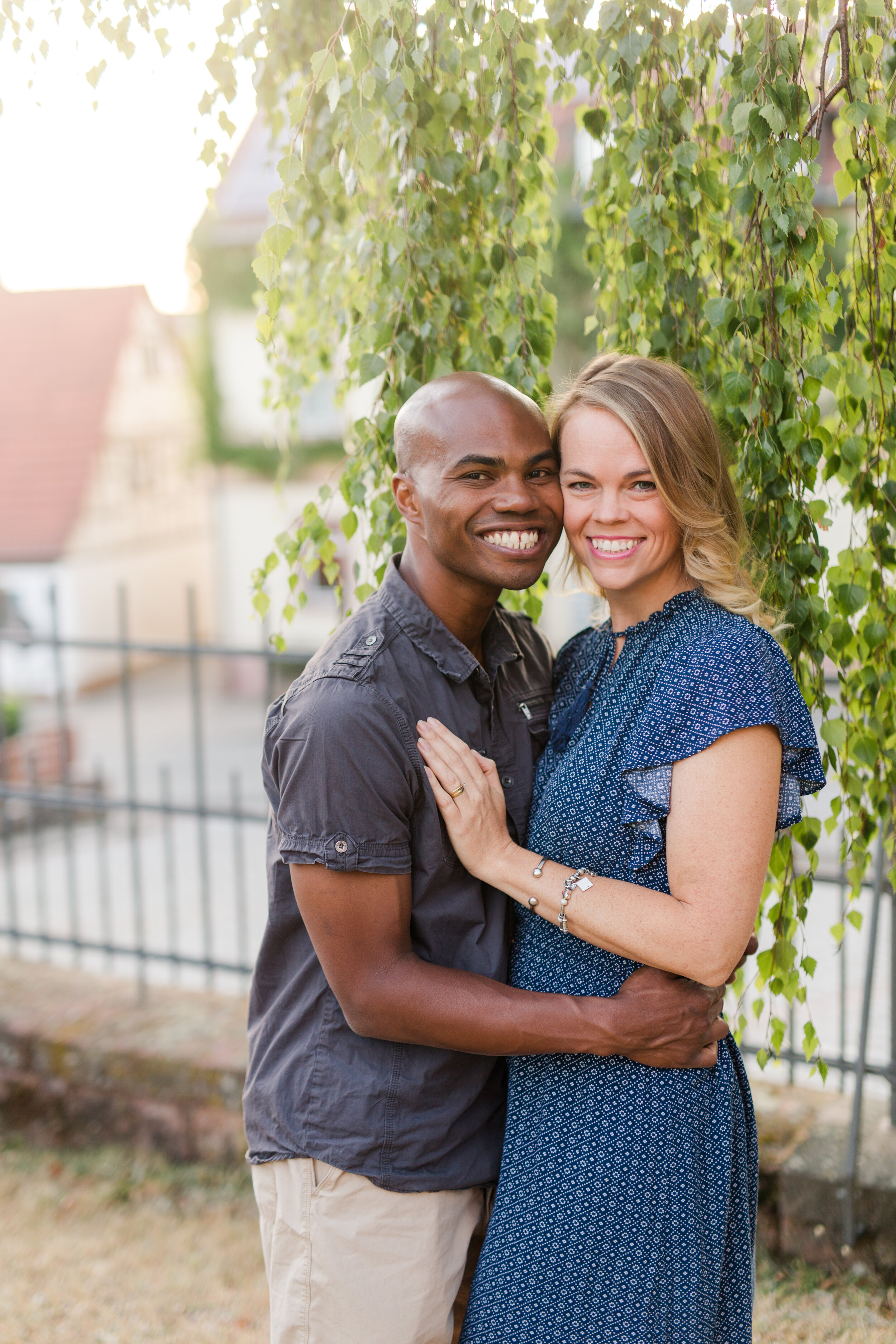Moving Towards Oneness
/ADELAE ZAMBON
The journey of engagement is truly the final stretch of preparation for being made one with another.
When so much of our early life is spent individuating and gaining autonomy by virtue of normal human development, there is a beautiful, generous, sacrificial shift that occurs as a matured adult chooses to unite herself with another. How do we understand the magnitude of this?
PHOTOGRAPHY: AMY AND KYLE CATHOLIC PHOTOGRAPHY
I know that in my own season of engagement, I spent a great deal of time pondering this mystery: this impending transition to a state of “oneness” with another sacramentally and practically.
I recall wondering about how such a “one-fleshness” comes about in marriage. It is something so distinctly supernatural,yet, there is such a true convergence of two lives that occurs in an earthly manner as well.
You merge households and bank accounts; you share a bed, debts, children, and responsibilities. You also unite your pathway to the Heavenly Banquet too at the feast of your own wedding. At the same time, I couldn’t ignore, the quite obvious facets of our separate natures that made this concept hard to gather: he was male and I was very much not; he was Canadian, whereas I was American; he was phlegmatic, while I took choleric to a new level; and the list could go on. In the physical sense, we were quite separate beings.
The visceral aspect of “being one” in the marital act was self-evident to me. Still, full comprehension of the spiritual significance was elusive. That is, until I read the words of St. John the Baptist in a marital lens:
These words both stuck and challenged me. They illuminated a beautiful truth, not only about the reality of “being made one” in marriage, but a reality that parallels the communion we are called to with the Lord.
In this passage, St. John refers to Christ when he says, “He.” Since Christ is Love Himself, we could replace “He” with “love” here; Love must increase; I must decrease.
There is a certain truth to letting love consume us so much that our ego, our “I,” diminishes to make way for the work of the Lord. In St. John’s case, he chose to humble himself to the great plan of rescue and restoration that Christ had come to fulfill. Jesus wants to do that in our marriages today. He wants to increase as we decrease.
Marriage invites us to humble ourselves so that the spirit of division, of separateness, can melt away. Herein lies the greater plan for the union of spouses: that the oneness of a couple, fortified by the grace of the Sacrament, may be made one with God in all things. Not only are they unified with each other, they fulfill the design for marriage bringing about their union with God.
As I’ve continued to journey more and more deeply into this understanding in my own marriage, I have found prayer to be essential. It helps us conform to the godly design for our union in the living marital sacrament.
To encourage us on this path, I want to leave you with three prayers that are transforming my heart (in real time) in the hopes that they might bless you as they have me:
Pray the Blessed Sacrament Novena: my intention is to pray to will what He wills and love what and whom He loves.
Pray the Litany of Humility: I pray that I may embrace being little like St Thérèse of Lisieux so that His life may increase in me.
I ask the Lord to show me one way each day to practice sacrifice and/or self-discipline for love.
About the Author: Adelae Zambon is a “transplant Texan,” who met and married a Canadian singer-songwriter. Together they share a love for ministry and journeying with other couples into the healing, redemptive power of the Sacrament of Marriage. In her spare time, Adelae enjoys road trips punctuated by local coffee shop stops along the way. However, she will most often be found chasing a delightfully inquisitive toddler or savoring every moment of naptime for the space it offers her to write.

































